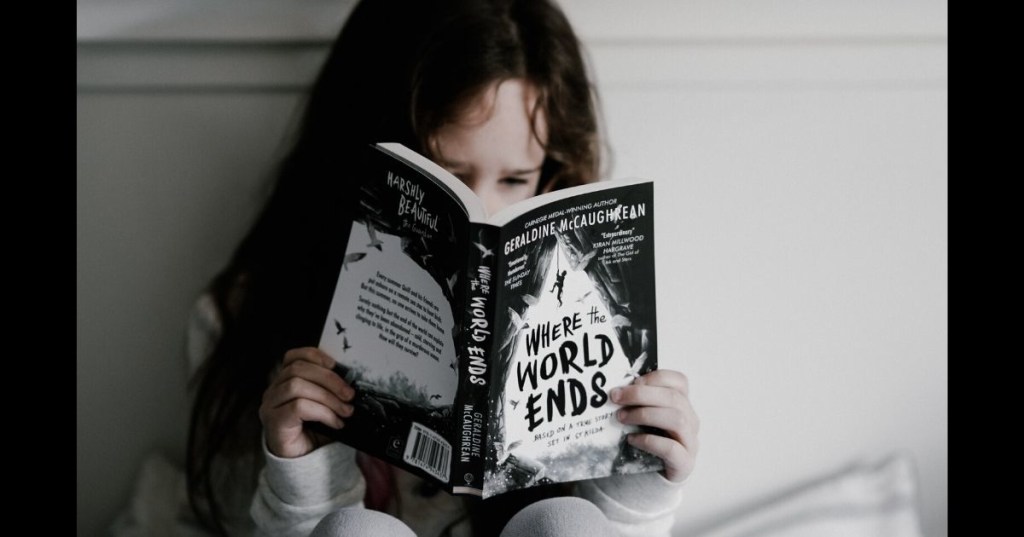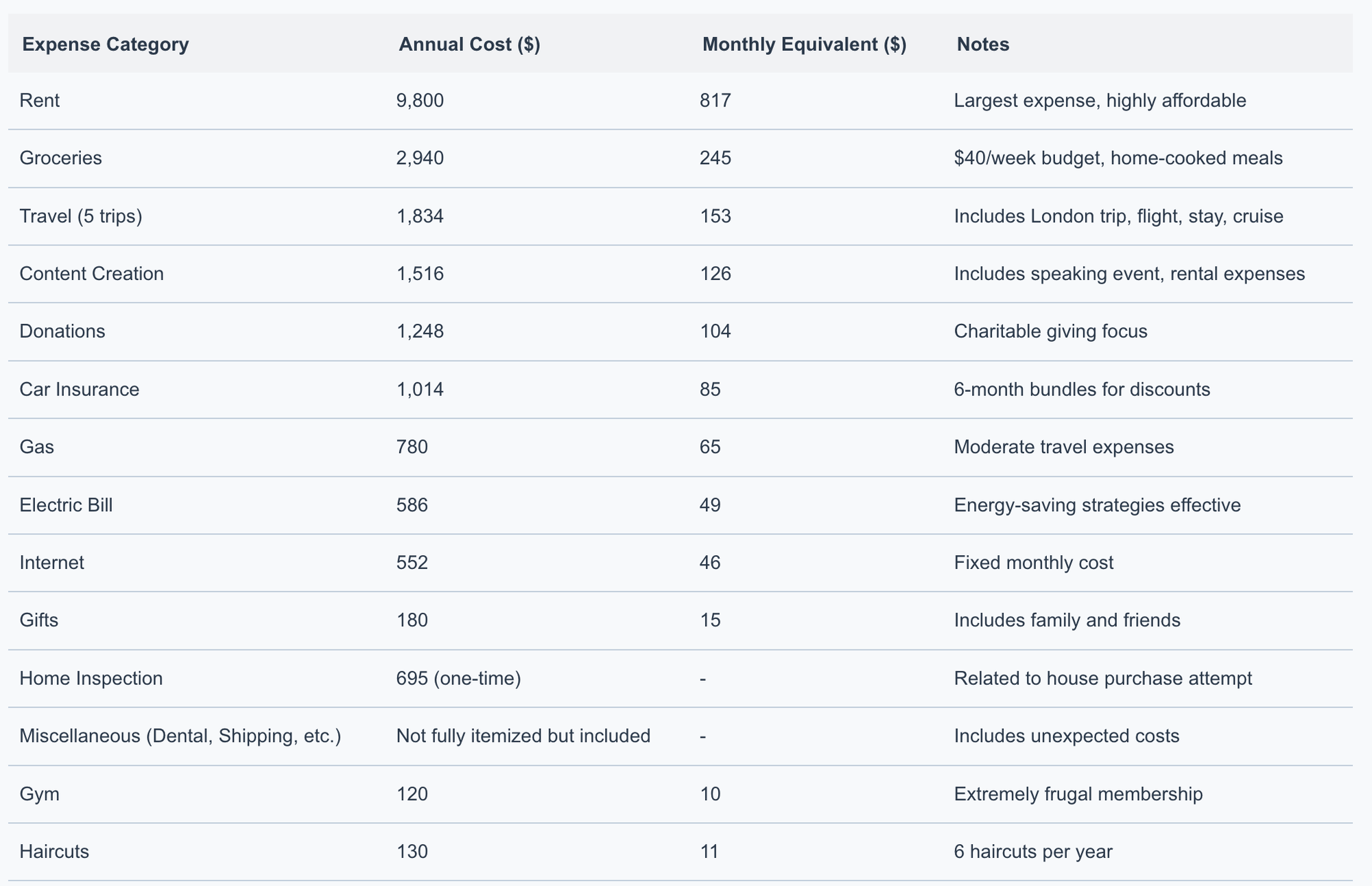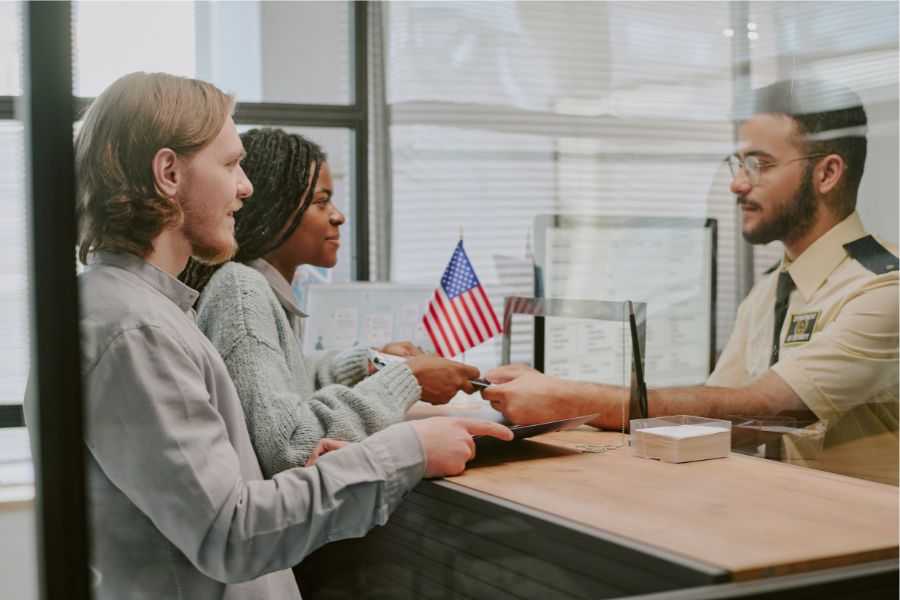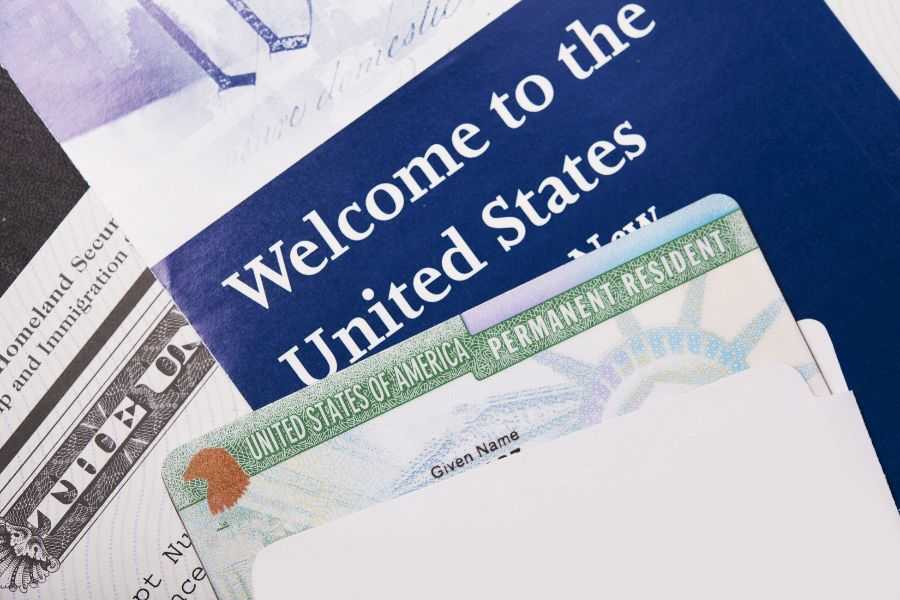As employees are being asked to work from home whenever possible and schools across the nation are closing down for weeks, millions of parents have suddenly found themselves in the role of remote worker and homeschool parent.
Since this is the life I’ve been living for 15+ years, I’m a bit of an expert—if there were such a thing.
(My background: I have an education degree and worked as a public school teacher. Not thrilled with the education system, I started exploring alternative options as my first child approached school age and ultimately landed on homeschooling. That child is now 19 and in college. My other two kids, ages 15 and 11, have always been homeschooled as well. Through our years of homeschooling, I have also worked from home—part-time when the kids were young, full-time now.)
As a former teacher and remote work/homeschooling veteran, I thought I’d offer some advice to the parents who feel like they just got thrown into the deep end.
Everyone’s circumstances are different, so I’m not going to specifically tell you how to homeschool while working from home. Rather, I want to help curb your anxiety over your new role and help you adjust your expectations.
Here we go:
1. Lower your standards on housework.
I’m starting with this one because it is so very real. Your house is going to be messier. It just is. Especially now, when we’re all spending a lot more time inside our homes than usual, it’s going to be hard to keep up with.
When the whole family is home all day, you use more dishes, clutter is inevitable, things get dirtier, bathrooms get used more frequently, etc. Set up chores and create the expectation that everyone helps tidy, clean, and maintain, but also accept that having a pristine home and family home all day are not compatible realities. I’ve been fighting this battle for 15 years and have learned to embrace the fact that my house will never grace the cover of a magazine.
2. Relax. Your kids will learn despite you, I promise.
I see parents sharing schedules and curriculum ideas on social media, and I’m sure that helps people feel like they have some semblance of control in this situation.
But here’s the thing: While routine is important and some people really do thrive on structure, detailed schedules are not necessary from a learning standpoint. If it helps you and/or your children feel more stable, then by all means go wild with your schedule-happy self, but don’t freak out if the wheels fall off that cart.
First of all, teaching one kid something takes a fraction of the time it takes to teach 20 to 30 kids something. You don’t need to spend hours doing formal schooling each day, and it’s healthy for most kids to have lots of free, creative time.
Second, I’ve fluctuated between structured and unstructured learning with our kids over the years, and aside from math and the basics of learning to read, I’ve found it makes little difference either way. Humans tend to retain knowledge that interests them or that they need in order to do what they want to do. Everything else gets tossed into a slush pile in our brains.
Learning is a natural, organic, ongoing, non-linear, non-standardized process. Humans instinctively want to make sense of the world and will seek answers to their questions in order to do so. Recognizing that fact can relieve a lot of the stress you might be feeling about having to officially teach your kids anything in particular.
Most of my kids’ best learning has happened when they have easy access to information (the internet, books, and tools of communication) and the freedom to explore what intrigues them. We’ve kept math structured because my kids don’t naturally gravitate toward it and they’ll need it for standardized testing purposes. But almost everything else has been led by their own interests.
And this method appears to have worked. My oldest graduated with honors from community college at 17 and is now in her second year as an honor roll student at a 4-year university. My 15-year-old is wrapping up her second community college class with a near perfect score—and that’s the kid I have most worried about being “behind” at various times over the years. Our loose, free approach to learning has clearly not resulted in academic failure in any way.
So relax. Your kids are not going to fall into academic ruin no matter what you do or don’t do during these weeks, I promise.
3. Recognize that learning at home looks almost nothing like learning at school.
Let me assure you that your lack of teacher training makes zero difference in your ability to homeschool. Seriously. I know at least a dozen homeschooling parents who were certified teachers, including myself, and we all agree that our formal teacher training is often more of a hindrance to homeschooling than a help.
Educating a few kids you know intimately is nothing like teaching a classroom full of kids from different families. Homeschooling bears no resemblance to teaching in a classroom, and it shouldn’t. It takes a lot less time. It can be a lot looser and freer. It can look like doing a formal lesson for a bit and then curling up on the couch with a book. It might look like binge-watching National Geographic specials or Brain Games (super cool show). It might be hours of strategy games played between siblings. It could be watching “Captain America,” coming up with questions about World War II, and researching the answers.
If your school has a specific plan for kids while they’re home, that’s one thing. But if you are left without a plan, it’s okay to say, “What are you interested in learning about?” and then help them find resources for them to learn about those things. It’s okay to let them play outside for hours. It’s okay to hand them a roll of duct tape and the recycling bin and challenge them to build the coolest thing they can think of.
It’s even okay to take an “unschooling” break from formal academics altogether and embrace a curiosity-led approach to learning. You—and your kids—might find it totally refreshing.
You’ll find it much easier to work from home while your kids learn if you view yourself as a facilitator of their natural learning process rather than a formal teacher who has to fulfil the requirements of a specific curriculum. That’s part of the beauty of homeschooling—learning is just a way of life, not something separate that has to be done a certain way.
4. Take care of yourself. For real.
Everyone has just had their lives upended. All of us are feeling on edge. It feels like a superhuman feat to manage our own uncertainty and fear while also managing our children’s.
And being at home with the family all day every day is a stress of its own, even if you love your children dearly. I’ve been doing this for many years, and while I love many things about this lifestyle, the near-constant togetherness and the feeling pulled in several directions all the time can wear me down. Clearly, that’s exacerbated right now when I can’t go escape to a coffee shop and we can’t all hop over to a friend’s house. If you aren’t used to this life, it’s going to feel overwhelming. You’re probably feeling that already. This is a hard time for everyone.
But your mental health is important, so take care of yourself as best you can. If you need to hole up in your bedroom for a while, put on a video for the kids without any guilt—even if you think they’ve already had too much screen time. Send all the kids to their room for quiet solitude time and take some of your own. Go outside and get some fresh air. Take a bath. Do some meditation. Whatever you can do to replenish your inner resources, because you need them now more than ever.
The kids are going to be fine through all of this and you will be too. Relax. Loosen your standards. Lower your expectations. Embrace curiosity and expect some days to feel chaotic. It probably won’t feel like it every hour of every day, but you’ve got this. Learning might not look like what you imagined it would, but your kids will be learning no matter what, I promise.






































